9 facts about body temperature anyone should know
Humans are a constant creature, although the external environment changes but the human body maintains a fixed temperature range. Most of us believe that a normal human body temperature is 37oC, women and men with the same body temperature or drinking will help warm. However, these facts are not as true as you think.
- The corpses suddenly heated up, the mysterious phenomenon without a solution causing the scientists a headache
- The answer to three obvious things: human body temperature is stable at 37 degrees C, when sneezing and closing eyes and appendix
Here are interesting things about human body temperature that not everyone knows, let's find out!
1. Women's body temperature seems to be lower than that of men
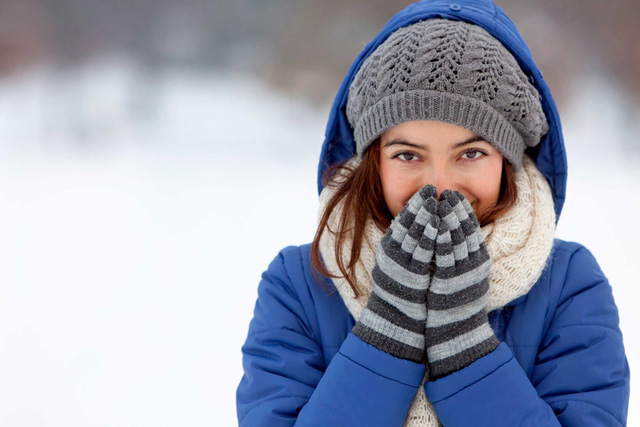
The proportion of women's body fat is higher than that of men but they are concentrated in the center of the body, not the limbs. This is why women 's limbs are easier to cold than men. When the limbs are cold, body temperature is also reduced.
In addition, studies have shown that women suffer from coldness not as well as men.
2. Human body temperature is not 37 degrees Celsius

37 degrees Celsius is just a gold figure from 19th-century measurements. Today, scientists from the University of Maryland use more accurate measuring devices and produce normal body temperature. The exact human must be 36.77 degrees Celsius, equivalent to 98.2 degrees Fahrenheit.
However, the body temperature is not necessarily 36.77 degrees Celsius. At different times of the day and the changes in the body's body temperature change. Normally, at 6 am, the body temperature is about 16, 44 degrees C and at 6 pm it is about 36.94 degrees Celsius. The temperature higher than 37.5 degrees Celsius is still considered normal.
3. The average body temperature varies with age
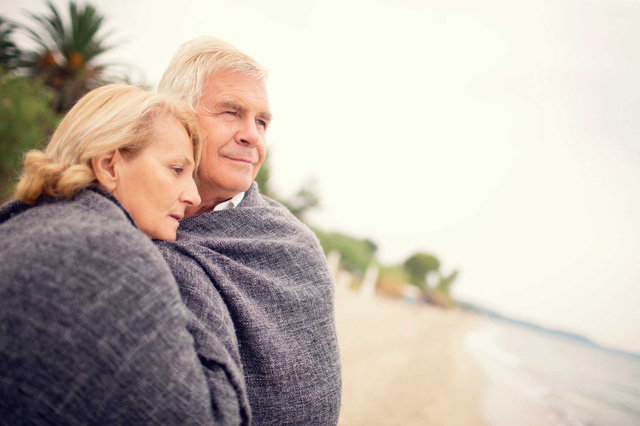
Throughout life, the average human body temperature does not stay the same. Every 10 years, you can feel a slight change, the older you get, the lower the average body temperature.
4. Your head produces less heat than you think

In the winter, we are prone to cold head and in some cases, when we are angry, we feel our head burning. This makes many believe that the head is the most radiant part of the body.
But in fact, the head only radiates heat equivalent to other parts of the body. The reason why we feel cold in the winter is because we wear warm clothes but we forget to wear hats for our heads.
5. A high temperature when you are sick is a useful reaction
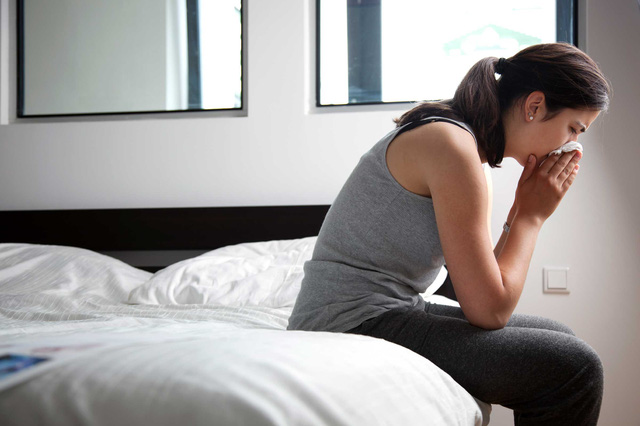
Fever is the body's way of regulating body temperature to fight bacteria, which will limit the bacteria's growth. In addition, it also helps the immune system work more efficiently.
However, elevated body temperature is very dangerous and must be controlled. Scientists hope that in the future it is possible to keep body temperature to an effective level, consistent with the immune system.
6. The nose warms up when you lie

Researchers at Granada University discovered that when people lie, the nose will warm up. They used thermal cameras to record images of volunteers' faces and discovered that warm color lies in the area of the nose and the area near the eyes.
7. Body temperature affects weight
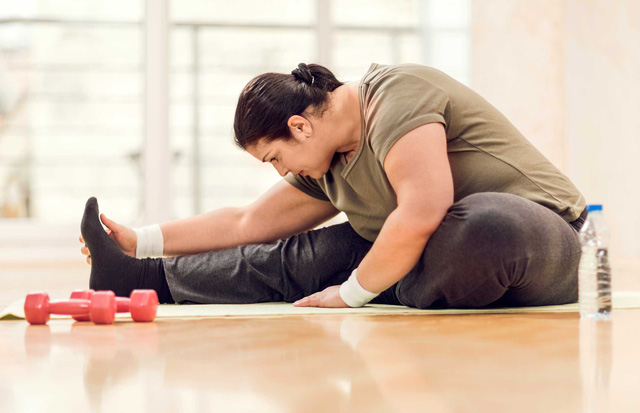
Scientists from Italy and the United States found obesity was linked to lowering body temperature during the day.
The ability to convert energy into heat in obese people is worse than thin people. This makes obese people increase by 2kg each year. Scientists think this is a 'biological defect' and makes people more obese.
8. Body temperature affects sleep
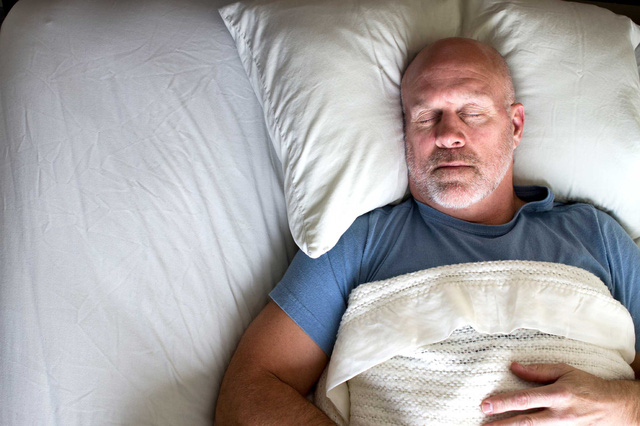
Our bodies will reduce body temperature by 1-2 degrees before falling asleep. This change makes it easier to sleep.
This is the reason why insomnia people often receive advice for warm baths in the evening. As soon as they stepped out of the warm water, the brain began to believe it was time for a sleep.
9. Alcoholic drinks don't warm you up

'Make a few glasses for people', the familiar phrase we hear in winter. But in fact this way is completely wrong, alcoholic drinks don't help us warm up.
When it's cold, blood vessels shrink to keep body temperature better. Alcoholic drinks will relax blood vessels, especially peripheral blood vessels, causing heat to escape to the environment faster. This is very dangerous.
The phenomenon of ruddy skin and warming up after drinking alcohol is a false feeling about the body.
You should read it
- ★ The answer to three obvious things: human body temperature is stable at 37 degrees C, when sneezing and closing eyes and appendix
- ★ You will be startled when watching the video describing the process of Earth's hotness in the past 100 years
- ★ How to check the computer's CPU temperature?
- ★ How much CPU temperature is overheating?
- ★ A global temperature increase of only half a degree may cause 5 million people to lose their homes